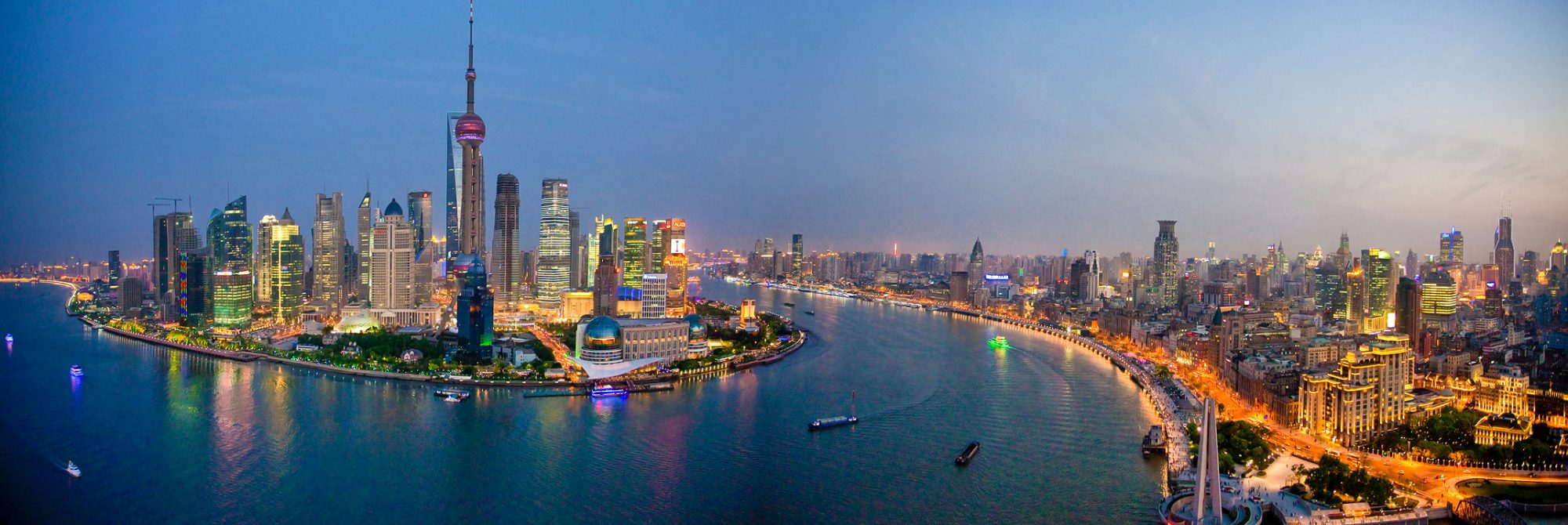Since the Korean War of the 1950s, the People’s Republic of China has been one of North Korea’s closest friends and allies, and since the collapse of the Soviet Union in 1991, one of its only ones. It is well-known that North Korea’s trading partnership with the PRC is crucial to the survival of its regime. In exchange for millions of tons of coal to power its own country, the PRC pays out to the Kim family the money it needs both to maintain power and to build the newest monument to itself.
Recently, however, the stance of the PRC has hardened against North Korea. This week, the United Nations Security Council, of which the PRC is a permanent veto-holding member, voted unanimously to enact new trade sanctions against the North Korean regime in response to recent nuclear weapon tests conducted this year. While South Korea and Japan, both key players in the conflict between the two Koreas, have both pledged to unilaterally support this UN effort, their trade matters very little to the North Korean regime, since so little of it is allowed through the most militarized area in the world, the De-Militarized Zone, between the two Koreas. What makes this UN effort noteworthy, however, is the PRC’s support. The UN plans to remove 800 million USD from the North Korean monetary supply with these sanctions, of which 700 million must end from China. The Chinese seem to be verbally supportive of these sanctions, but it will take some time to see if they carry through with their promises.
So why is the PRC supportive of these recent sanctions at all? For the longest time, the Chinese have propped up the ailing Kim regime to have a buffer state between themselves and the US-funded democracies of South Korea and Japan. It seems, at the surface, counterproductive for them to threaten the very existence of the North Korean regime by cutting off one of its major supplies of funding. Digging deeper, however, I have explored a few possible reasons that may reflect why the Chinese now seem to be distancing themselves from the North Koreans.
Firstly, the recent deployment of US THAAD (Terminal High-Altitude Air Defense) missiles in South Korea and Japan threatens Chinese supremacy in the area. THAAD missiles work by intercepting ballistic missiles, including nuclear ones, when they are launched. These systems nullify the mutually-assured destruction nuclear doctrine between the United States and China, for the most part. The Chinese have also spent much time developed their missile program with non-nuclear warheads, primarily for striking key strategic locations in East Asia, namely US air and naval bases. The PRC has a clear numerical inferiority in comparing its navy to the United States Navy, necessitating a strike vehicle that can reach out as much as 1500 kilometers from the Chinese mainland to balance this inferiority. THAAD means, in effect, Chinese missiles are nullified as a threat. Both the United States military and the PRC know that because of THAAD the Chinese have lost their major threat against both South Korea and Japan, and therefore do not wish to antagonize these countries.
Secondly, the North Koreans are unpredictable. While the Chinese can influence their policy to a significant degree, Kim Jong Un will still in the end be holding all the decision-making power. If he decides it is in his interest to fire nuclear weapons at South Korea and Japan, or otherwise start a war using his own nuclear weapons as a deterrent against US ones, then China as North Korea’s ally will inevitably be called into conflict with the United States, something it is not yet ready to do. The Chinese thus want to reign in North Korea, particularly in its regards to making war, with this action, and especially its nuclear program, as this emboldens the Kim regime into dangerous territory for all parties involved.
The Chinese by no means want to collapse the Kim regime, but they do want to remind it that they remain in control. They like having their buffer state between themselves and US allies. If North Korea were to fall and the Korean peninsula reunified under the South Koreans, then US THAAD and US forces could be stationed that much closer to the Chinese border and that much closer to Beijing. China has promises to remove as much as 700 million of North Korea’s revenues with these sanctions, but it could effectively send the same message to the North Koreans with much less: we are your lifeline, and we are telling you to stand down. With this move, China has concluded that the North Korean-Chinese relationship is much less like a friendship and much more like a dictatorship under their control.
